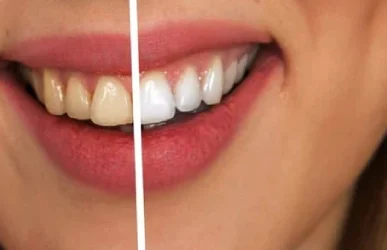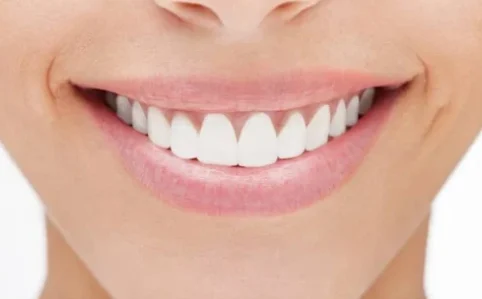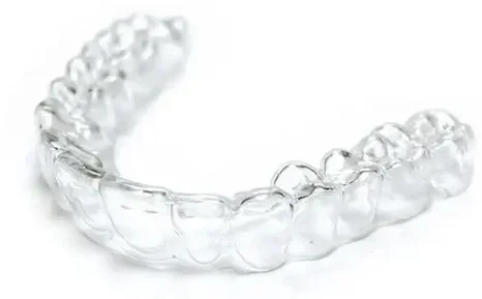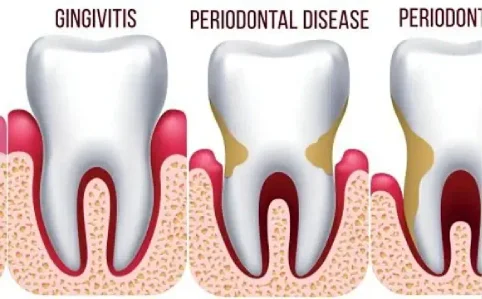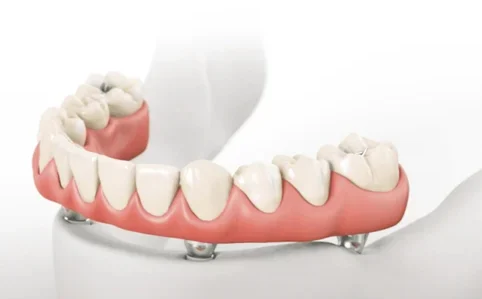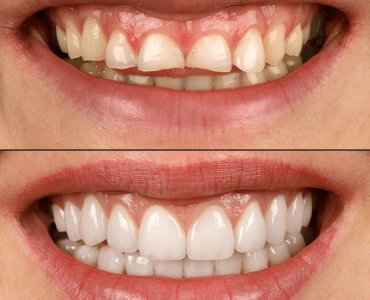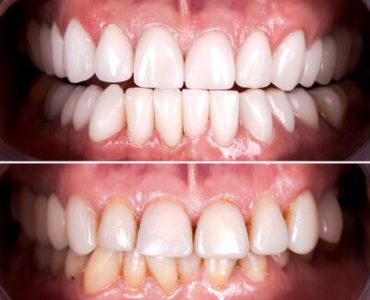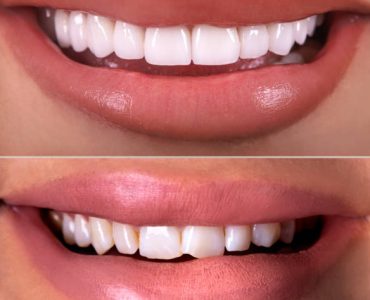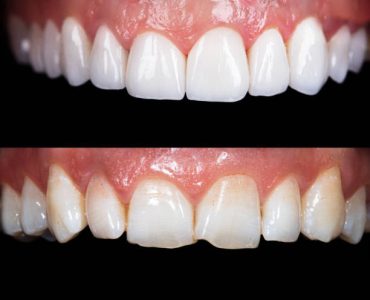
Your Smile, Our Expertise
At Jyotika Dental, we believe cosmetic dentistry is about more than looks—it’s about confidence, health, and feeling your best. Healthy teeth and gums form the foundation of a radiant smile, and every smile is as unique as the person behind it.
Our cosmetic dentists take the time to understand your needs and expectations, creating a treatment plan that feels natural and authentic to you. With advanced techniques and a conservative approach, we enhance your natural beauty while ensuring comfort and long-term health.
Loved by 1000+ Patients Like You





Kristy Brooks

Jason Mark

Barbara Simonds
Posted onTrustindex verifies that the original source of the review is Google. Dr. Jyotika is an excellent dentist! The clinic is clean, the staff is friendly, and the treatment was painless and professional. Highly recommended.Posted onTrustindex verifies that the original source of the review is Google. Very goodPosted onTrustindex verifies that the original source of the review is Google. Dr. Jyotika’s compassionate approach, professional excellence, and attention to detail made what can be a nervous experience into a completely calm and confidence‑boosting one. If you're looking for a root canal with minimal discomfort and maximum care, I highly recommend Jyotika Dental Clinic. Thanks to Doctor and the team—I’m smiling brighter already!Posted onTrustindex verifies that the original source of the review is Google. I had my Best experience, Everyone nature , skills and also clinic is very good I really like my Ortho journey 😀 of 1.6 years .Posted onTrustindex verifies that the original source of the review is Google. Best experience till now. Cleaned and well experienced doctors. Do visitPosted onTrustindex verifies that the original source of the review is Google. Services and doctor behaviour is excellent
OUR SERVICES
Helping You Achieve Healthy,
Confident Smiles
OUR PROFESSIONAL NETWORK
JYOTIKA DENTAL Memberships & Affiliations with Top Industry Associations





Frequently Asked Questions
Crowns fully cover a tooth to restore its strength, while veneers are thin shells that enhance the front appearance.
Porcelain veneers can beautifully last 10–15 years with proper care.
Only a small layer of enamel is gently removed to ensure a natural fit.
Bonding usually lasts 3–10 years depending on how well you care for your teeth.
Treatment time varies, but Invisalign is often just as fast—or faster—than traditional braces.
Yes! Professional whitening is safe and effective when done under dental supervision.
Prices vary based on the material and number of teeth. A consultation will give you a clear estimate.


